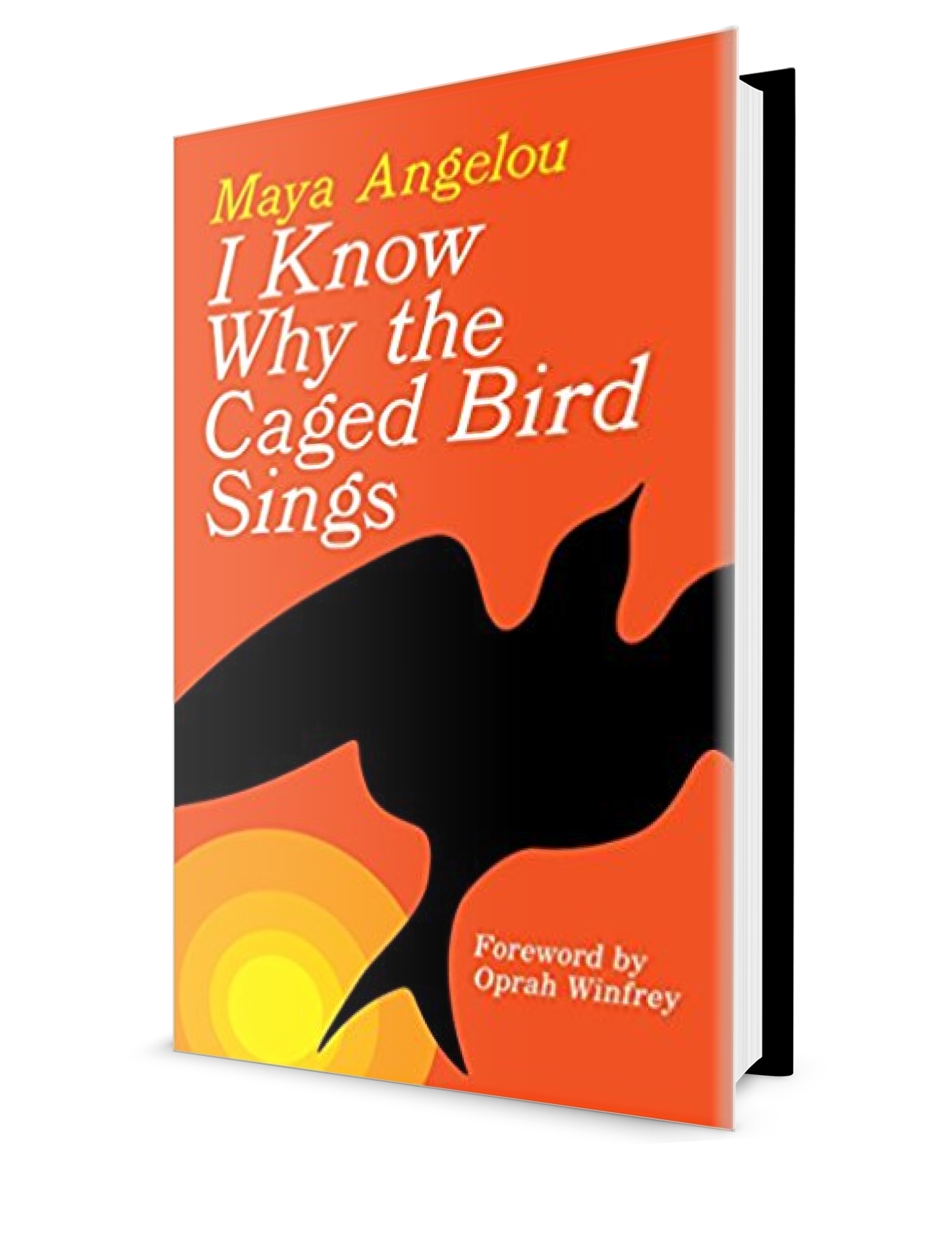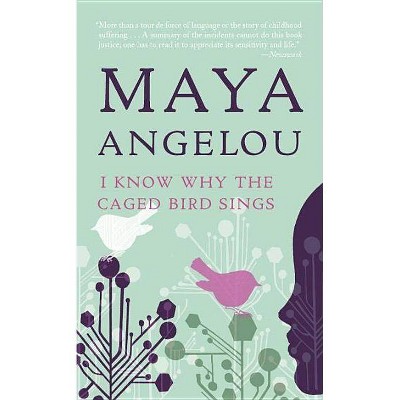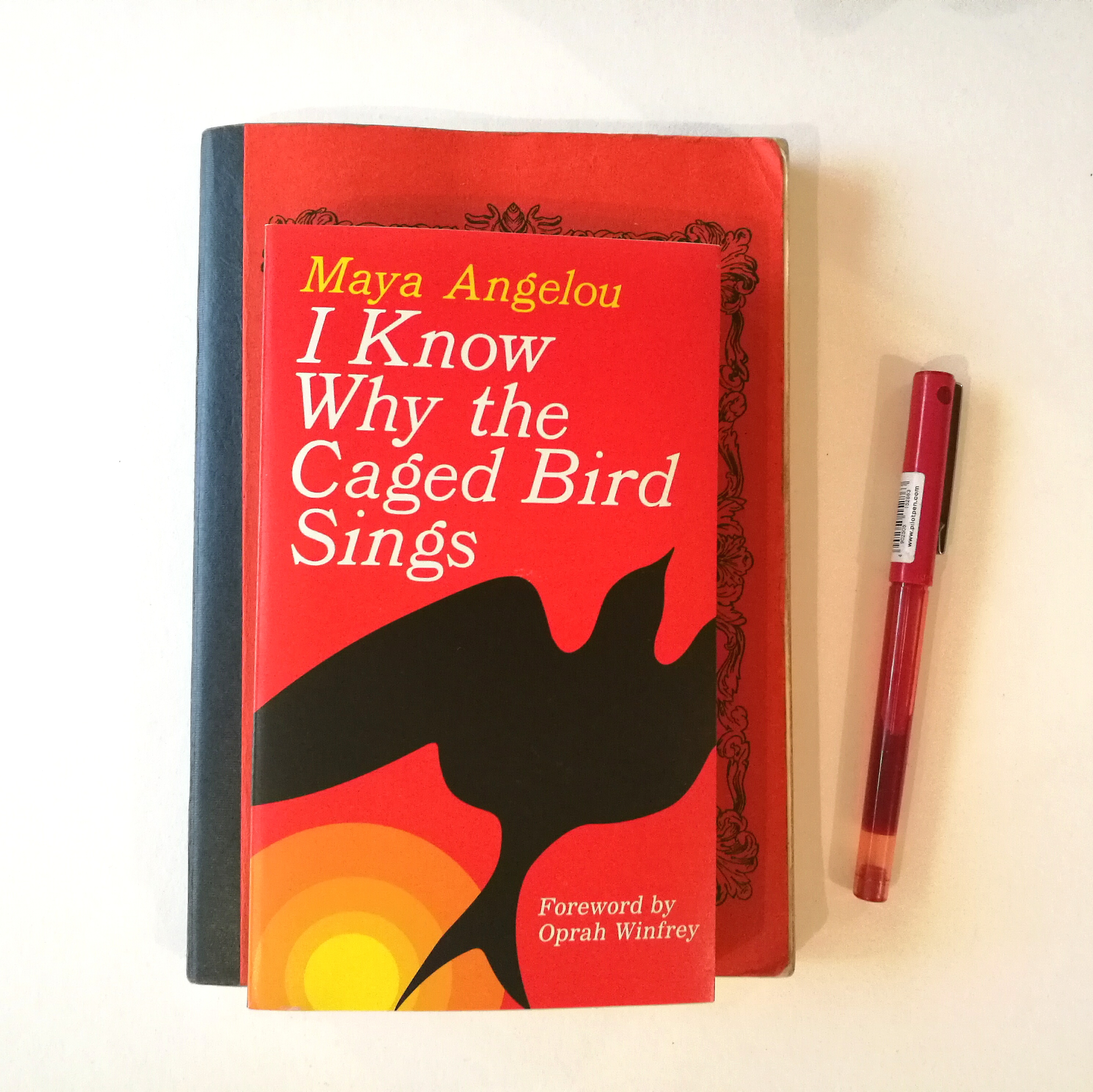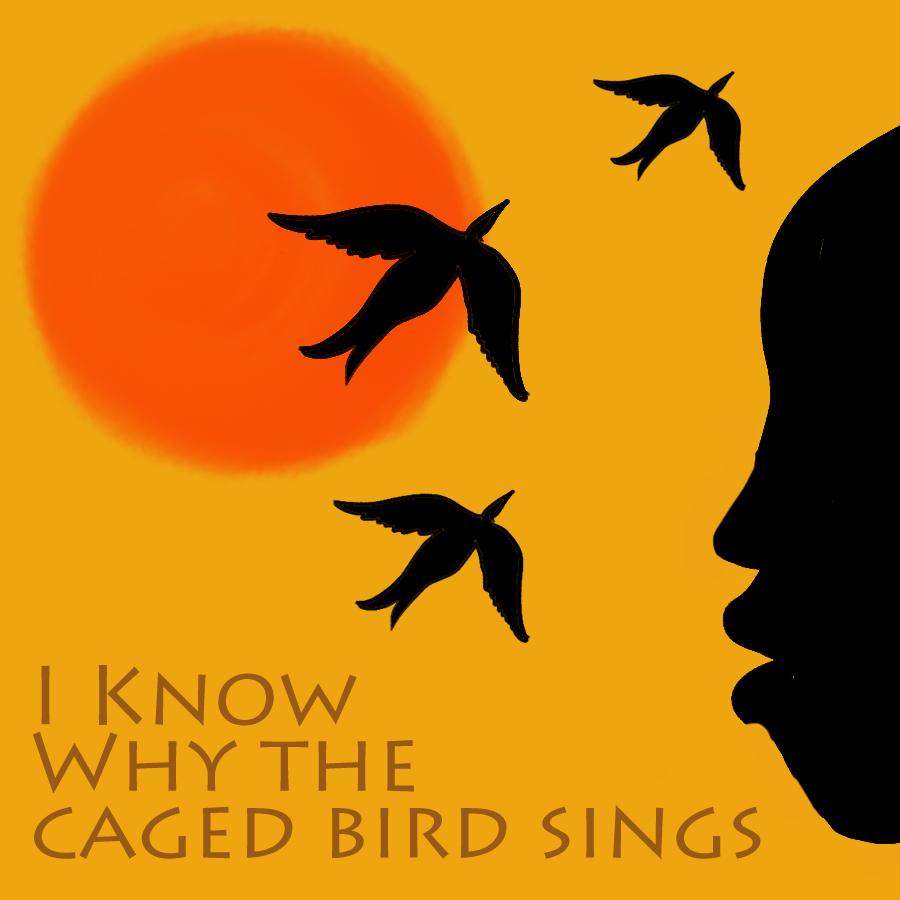I Know Why The Caged Bird Sings Cover

Diahann carroll esther rolle paul benjamin roger e.
I know why the caged bird sings cover. The book has been popular since it was first published in 1969. A feminist look at maya angelou s i know why the caged bird sings. Mosley ruby dee offici. Maya angelou quote maya angelou quote music is my refuge i can crawl into the space between the notes and curl my back to loneliness american poet singer memoirist civil rights activist i know why the caged bird sings porgy and bess miss calypso a song flung up to heaven the heart of a woman.
1969 autobiography about the early years of african american writer and poet maya angelou. I know why the caged bird sings. Smiling through sadness maya angelou s first memoir i know why the caged bird sings captures the sweetest purest and the most honest inner voice of a black child who grew up to be a heroine. This review of i know why the caged bird sings first appeared on page 89 of newsweek s march 2 1970 issue under the headline growing up black it was written by robert a.
With paul benjamin diahann carroll ruby dee roger e. Angelou does not censor anything. Directed by fielder cook. She wants us to know it all.
I know why the caged bird sings is a 1969 autobiography describing the early years of american writer and poet maya angelou. Based on writer maya angelou s childhood this story is about a young girl in the south who is sent to live with her grandmother after her parents divorce. At first glance you d think this book primarily focuses on racism and oppression i know you ve heard it all before. From wikipedia the free encyclopedia.
I know why the caged bird sings the first of seven autobiographical works by maya angelou published in 1969. I know why the caged bird sings a famous book by maya angelou is the first in a series of seven autobiographical novels. Jump to navigation jump to search. It is one of the most widely read and taught books by an african american woman.
In i know why the caged bird sings maya angelou describes her coming of age as a precocious but insecure black girl in the american south during the 1930s and subsequently in california during the 1940s. Esther lombardi m a is a journalist who has covered books and literature for over twenty years. The book chronicles her life from age 3 through age 16 recounting a traumatic childhood that included rape and racism.

















